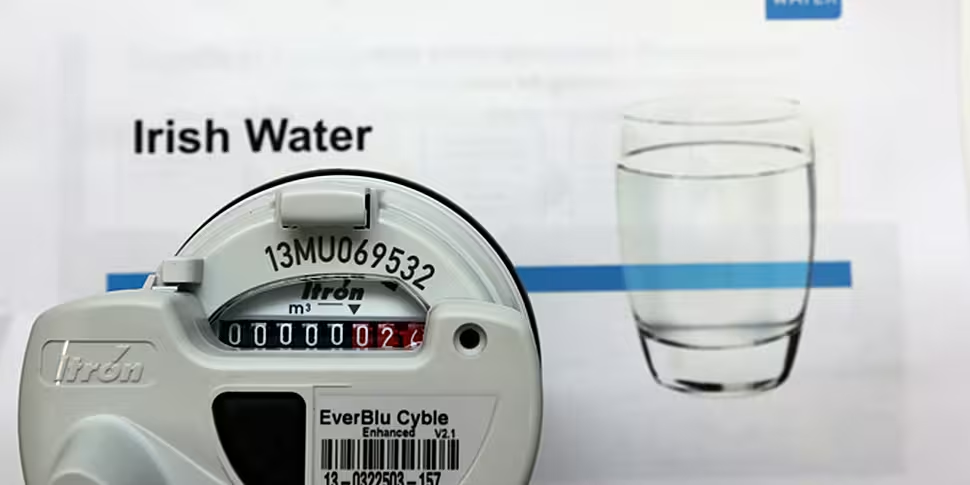Tonight is the deadline to register with Irish Water, while today and Thursday will see new legislation coming before the Dáil that includes new water charge compliance rules.
The legislation would include measures such as an obligation on tenants to pay, while making it mandatory for any outstanding water charges to be paid if a house is sold.
A separate measure up for debate in the Dáil would see payroll and social welfare deductions from those who do not pay.
The proposed new measures have caused significant concern among landlords, who worry about their obligations if tenants are not paying their Irish water bills.
Landlords are “being handed a poison chalice” with the new legislation, according to Fintan McNamara is spokesperson for the Residential Landlords Association of Ireland, who spoke to Breakfast this morning.
In the event of having a tenant, particularly a long-term tenant, who does not pay “It does seem as if the only option may be to give tenants a warning to pay these charges or face eviction,” he said.
The landlords have rejected the idea of taking Irish Water debts from tenants’ deposits. “Well that is a possibility but we are against that ... because you would have to treble a deposit ... that is something that won’t work.”
Mr McNamara suggested one option could be for a database of tenants, whereby people would be tracked by Irish Water as they move from one property to another.
“There are other ways of doing this, the government could have established a register of tenants,” he said.
“This is going to be very, very messy ... at the end of the day the charges will fall on the property,” he added.
Mr McNamara said the most suitable solution to the situation “would be to go after their wages or social welfare payments.”
Listen to the full interview below









